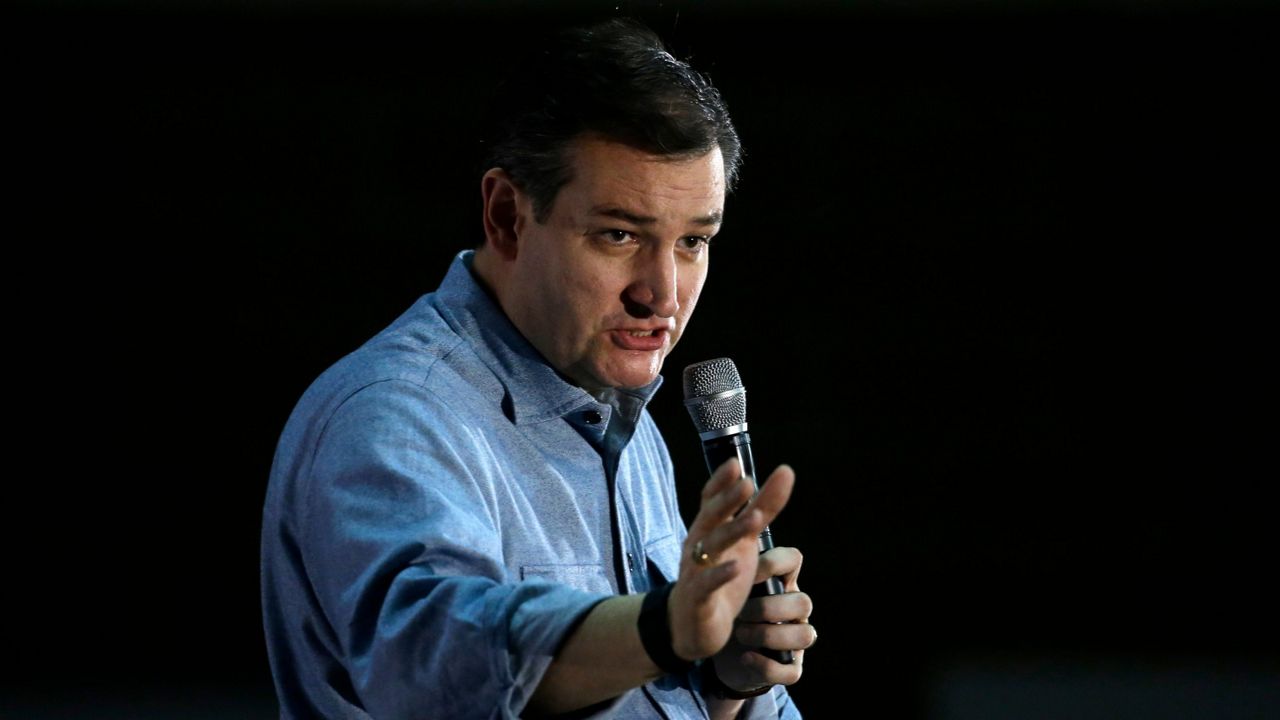TEXAS — Congress Monday night passed a second coronavirus stimulus bill which will quickly provide most Americans with $600, tax deductions, and aid for schools and businesses.
What You Need To Know
- Sen. Ted Cruz, R-Texas, votes against COVID-19 stimulus bill
- Cruz took issue with the size of the spending bill
- Joined Sen. Rand Paul and Rep. Rashida Tlaib in voting no
- Relief package totals $900 billion
While support for the 5,593-page bill was overwhelming in the House and Senate, there were dissenters. Among them was the junior Republican senator from Texas, Ted Cruz.
PREVIOUS: Congress Passes COVID-19 Relief, $1.4 Trillion Spending Bill
In a statement, Cruz, taking issue with the size of the bill, wrote the following, in part:
"Though the mainstream media and lobbyists will hail this legislative monstrosity as a tremendous victory, make no mistake: urgently-needed COVID-19 relief was tied to a $1.4 trillion wasteful end-of-year spending bill and countless pet projects that will escape close scrutiny because three times, congressional Democrats rejected good faith efforts to pass targeted relief.”
Simply put, Democrats exploited the need for relief to advance their political agenda instead of working on standalone legislation months ago that would put our nation on the path to recovery. That’s wrong and the exact opposite of what the American people need right now.
— Senator Ted Cruz (@SenTedCruz) December 22, 2020
Cruz joined Republican Sen. Rand Paul of Kentucky and, perhaps surprisingly, Democratic Rep. Rashida Tlaib of Michigan, among others, in voting against the bill.
Rep. Alexandria Ocasio-Cortez, D-New York, complained on Twitter about the brief time lawmakers were given to review the bill, but she ultimately ended up voting in favor. In a rare moment, Cruz supported her complaint.
The bill includes appropriations to fund government agencies and functions through the end of fiscal year 2021 — a $1.4 trillion measure — along with a $900 billion relief package, which renews unemployment relief, small business aid and delivers direct $600 payments to Americans. It also includes funding for rental assistance, education, vaccine distribution and other hurting industries.
It also attaches additional bills to those major pieces of legislation, including a measure to ban many surprise medical bills.
“While there is much in this bill that I disagree with," Sen. Pat Toomey, R-Pennsylvania, said, "including wasteful government spending and misguided policies that will dampen the recovery, the good it does outweighs the bad.”
The Associated Press contributed to this report.



